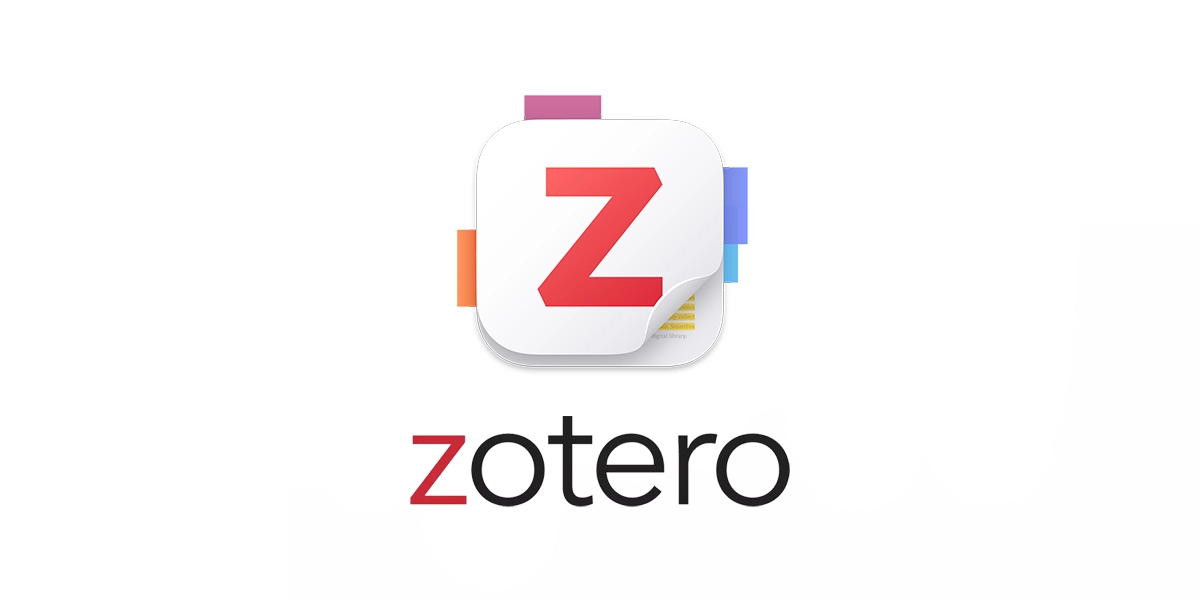Plagiarism Screening
Plagiarism Screening Policy for JEBE: Journal of Environment Behavior and Engineering
JEBE: Journal of Environment Behavior and Engineering is committed to upholding academic integrity and ensuring the originality of all published work. Below is our plagiarism screening policy:
1. Definition of Plagiarism
Plagiarism is defined as the act of presenting another individual’s ideas, text, data, or creative work as one’s own without proper acknowledgment, citation, or permission. This includes:
-
Verbatim copying of text without quotation marks or attribution.
-
Paraphrasing another’s work without credit.
-
Reusing figures, tables, or datasets without permission.
2. Screening Process
-
Tool: All submissions are screened using Turnitin software.
-
Scope: The entire manuscript is checked, with emphasis on:
-
Introduction: Conceptual frameworks and literature reviews.
-
Methods: Experimental protocols or analytical procedures.
-
Results: Data presentation and interpretation.
-
Discussion: Comparative analysis and conclusions.
-
-
Exclusions: The following are excluded from similarity calculations:
-
References.
-
Common knowledge (e.g., standard environmental regulations).
-
Technical terms or phrases unavoidable in the field (e.g., “life cycle assessment”).
-
3. Acceptable Similarity Threshold
-
Maximum Allowable Similarity: 25% (excluding references and exclusions above).
-
Outcomes:
-
<25%: Proceed to peer review.
-
25–35%: Returned for revision with Turnitin report.
-
>35%: Immediate rejection.
-
4. Self-Plagiarism (Text Recycling)
-
Definition: Reusing substantial portions of one’s own previously published work without citation.
-
Policy:
-
Up to 10% overlap with prior work is permitted if properly cited.
-
Redundant publication of the same data/results across multiple journals is prohibited.
-
5. Actions Against Plagiarism
-
Pre-Publication:
-
Rejection of manuscripts exceeding the similarity threshold.
-
Mandatory revision for borderline cases (25–35%).
-
-
Post-Publication:
-
Retraction of articles with confirmed plagiarism.
-
Notification to the author’s institution or funding agency.
-
Blacklisting of authors for 2–5 years depending on severity.
-
6. Recommendations for Authors
To avoid plagiarism:
-
Cite Properly: Use APA/Chicago style for all sources, including:
-
Environmental policy documents.
-
Technical reports or datasets (e.g., government pollution statistics).
-
-
Paraphrase Effectively: Rewrite ideas in your own words while retaining original meaning.
-
Use Quotation Marks: For direct text borrowings (e.g., definitions from regulations).
-
Cross-Check: Compare drafts against prior publications using plagiarism checkers.
7. Final Decision Authority
The JEBE Editorial Board reserves the right to:
-
Interpret similarity reports contextually (e.g., unavoidable overlap in methodology descriptions).
-
Impose sanctions beyond stated policies for severe cases (e.g., data fabrication).
8. Resources
-
Turnitin Guide for Authors: [Link to resource]
-
APA Citation Style: [Link to guidelines]











